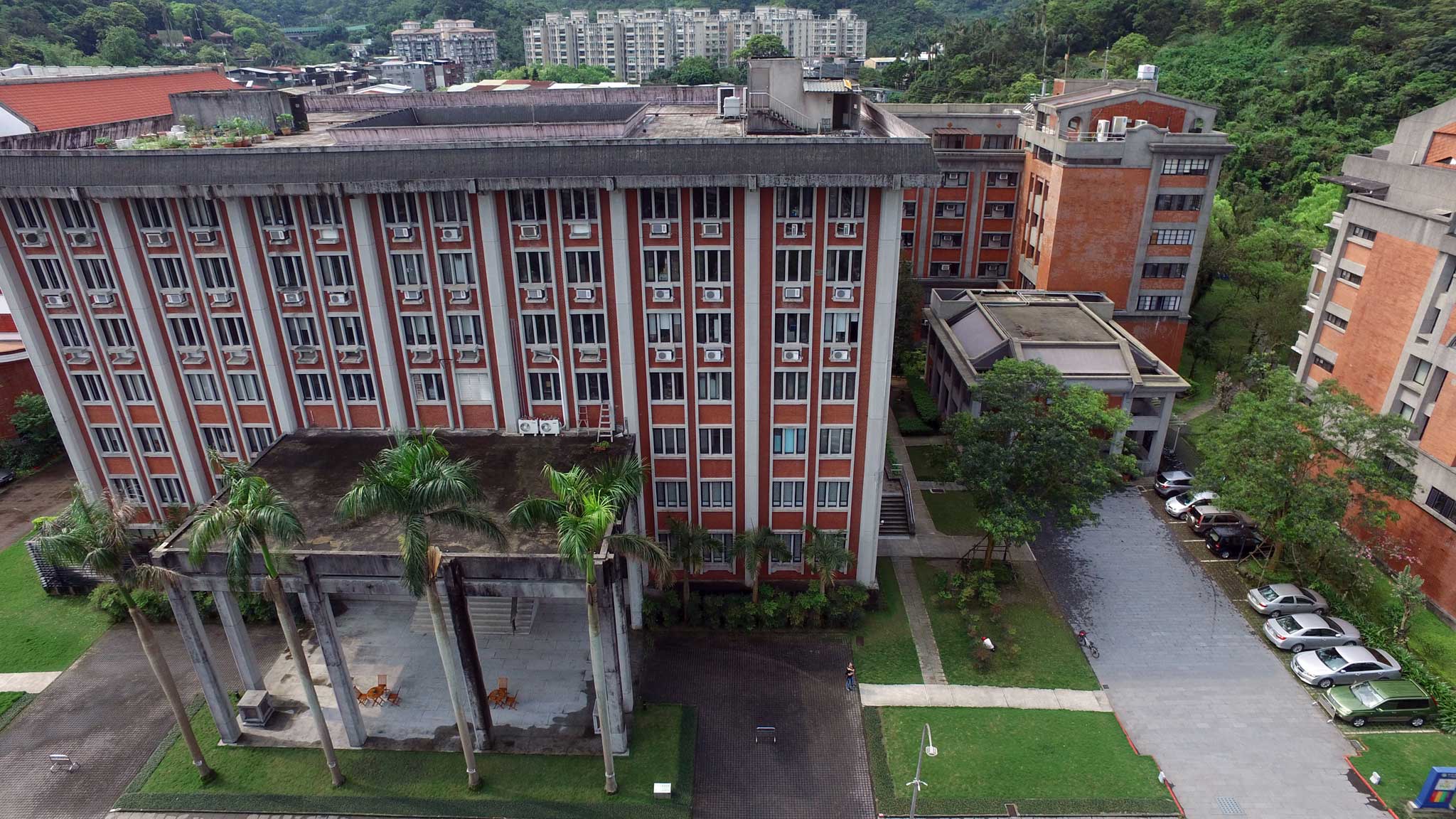Institute of History and Philology

Academia Sinica, the most preeminent academic institution of the Republic of China (Taiwan), was founded in China in 1928 to promote and undertake scholarly research in the sciences and humanities. After the ROC government moved to Taiwan in 1949, Academia Sinica was re-established in Taipei. Academia Sinica’s growth during this transition period was initially slow due to political instability and meager budgets.
Thanks to the unstinting efforts of its former and current Presidents, Academia Sinica has overcome many difficulties and achieved its present level of success, developing into a modern research institution with a proud heritage and worldwide reputation. At present, Academia Sinica is making further progress in improving research conditions and results. Many of its twenty-four Institutes and eight Research Centers are now headed by world-renowned scholars and staffed by highly trained, motivated, and creative young researchers. Major strides have also been made toward raising research standards, and Academia Sinica is presently positioning itself to raise its scholarly activities to the international level. Apart from creating new areas of intellectual endeavor, Academia Sinica is also taking a leadership role in launching new initiatives to meet a broad spectrum of challenges that Taiwan is currently facing.
Academia Sinica has adopted various measures to promote the internal integration of research activities in its three Divisions (Mathematics and Physical Sciences, Life Sciences, and Humanities and Social Sciences) so as to fulfill the following goals: 1) To enhance the value of research activities by improving the planning, implementation, and evaluation of long-term projects; 2) To harness basic research results for applications and technology transfer; 3) To engage with Taiwan’s academic community in advancing a modern and forward-looking collective scholarly vision; 4) To cultivate an intellectual environment that is conducive to the nurturing of young scholars and the recognition of outstanding scholarship in Taiwan; and, 5) To promote international cooperation and scholarly exchanges that will accelerate the overall development of academic research at Academia Sinica and in the Republic of China.

